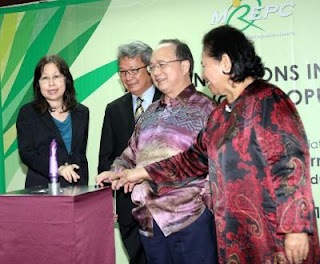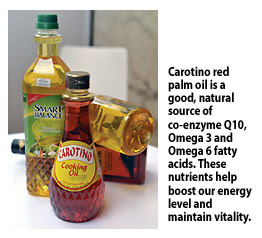KUALA LUMPUR: Felda Global Ventures Holdings Bhd (FGV) yesterday has again clarified that Genting Bhd is not a shareholder of FGV, and that it has not granted any shares to Genting during and after the initial public offering (IPO) exercise.
In a statement, FGV president and chief executive officer Datuk Sabri Ahmad said it is imperative for FGV to provide such clarification so that the public as well as Felda settlers are not misled by ambiguous reports.
Sabri was commenting on a report published by a news portal, MalaysiaKini on October 24 entitled "Umno MP: Why did unrelated person get one million FGV shares.?"
Sabri said as a matter of fact, the 407 million shares stated in the article are actually the number of shares directly held by Genting Bhd in Genting Plantations Bhd as at May 7 2012, based on Genting Plantations Bhd's annual report 2011.
"We trust the media, including social media, practises good journalism, with an eye to a strong ethical framework to reach the sources who help make compelling news stories.
"On our part, we are ever ready to cooperate to correct any possible confusion among the readers and the public at large," he said.
Sabri also added that FGV shares are syariah-compliant, and that the Syariah Council has confirmed that contrary to the allegations made by the opposition about the "halal" status, the shares remain "halal" even if Genting decided to have a shareholding in FGV.
"Should this happen, it will be Genting Bhd who is investing in FGV, and not otherwise where FGV buys and owns Genting shares," added Sabri.





























